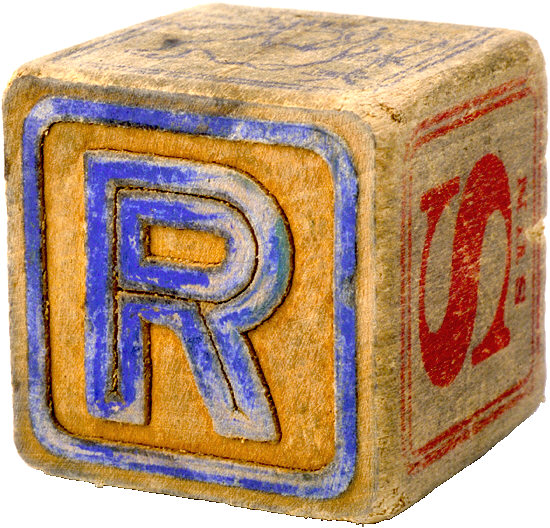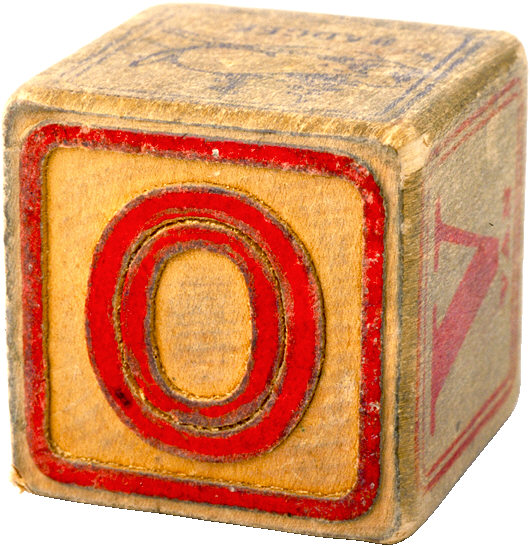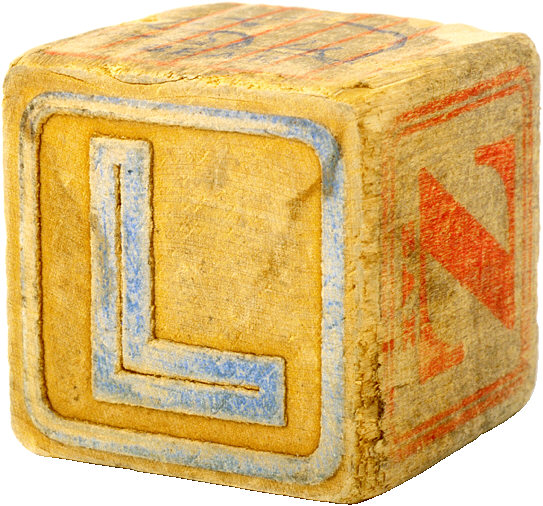












Contra Costa Preschool Directory & Kindergartens


Embarrassing Acts
by
Dr. Lawrence Kutner
The awkward statements and untimely behaviors of toddlers and preschoolers can offer us insight into how they are absorbing our culture. Feeling occasionally embarrassed by something your children do or say is as much a part of being a parent as feeling proud of their accomplishments. Here’s an example, told to me by a family therapist I know who had talked to the parents—about other matters, I should add. It’s the type of story all parents of preschoolers can identify with, and which will cause the girl to become apoplectic if any member of her family dares tell it to one of her boyfriends when she becomes a teenager.
When the four-year-old girl accidentally saw her father naked for the first time, her parents took the opportunity to introduce her to the physical differences between boys and girls. Like most preschoolers, she was fascinated. A few days later, the girl and her mother visited the father at his office, where he was discussing important business with colleagues at a conference table. The girl ran over to her father and, with a big smile and a loud voice, said, "Hi, Daddy! How’s your penis?"
For young children, including this one with the unorthodox greeting for her father, there is rarely if ever any malice in their embarrassing behaviors. Like most preschoolers, she simply wanted to please her father by showing that she had learned something new. Similarly, a three-year-old who loudly points out a person’s physical disability is demonstrating his improved powers of observation and growing ability to empathize. Physical differences and disfigurements may make him more anxious than he would have been as a toddler, but he does not yet have an older child’s ability to separate the deformity or disability from the person who has it.
The timing of embarrassing moments is seldom a matter of chance, for it usually reflects predictable stages of emotional development or the child’s growing awareness of how parents react in different situations. By the time they’re in preschool, most children have figured out that they’re more likely to get something they want if they ask you when, for example, their grandmother is in the room. There’s nothing improperly manipulative about this. Rather, it shows the child’s growing social sensitivities and allows him to test the limits of his power and control.
Toddlers, however, may have trouble understanding that behaviors can be acceptable in one place but inappropriate in another. Simple environmental cues can help. ("You can use your outdoor voice in the playground, but you must use your indoor voice when you’re at home.") Still, a two-year-old who runs through a supermarket opening up bags of cookies or grabbing the bottom orange from a painstakingly assembled pyramid of fruit is doing things that, from the child’s perspective, have been rewarded in other circumstances. Toddlers and young preschoolers do not yet understand the difference between eating from a bag of cookies in the kitchen and eating from one in the grocery store. Picking up brightly colored objects and playing with a ball at home often lead to attention and applause.
While the most effective and appropriate ways of responding when your child does something embarrassing will depend upon the circumstances, there are some general guidelines:
- Don’t respond by embarrassing your children. Unfortunately, many parents do this without thinking, such as by loudly telling their four-year-old that it’s rude to point out that the man on the adjacent bus seat is very fat. That gives children a mixed message: If you care so much about the stranger’s feelings, why are you embarrassing me in public? Instead, it’s a better idea to tell your child quietly that what she said was inappropriate. Afterward, when you have your child’s full attention, explain how words like that can sometimes hurt people’s feelings.
- Remember that occasional embarrassing incidents are normal and are not a reflection on your skill as a parent. (If the incidents continue for several weeks, it may be a good idea to seek professional help from a child psychologist or psychiatrist to find out if there are underlying problems that the child is acting out in this way.) Also keep in mind that other adults are seldom judging you when these things happen. They’re probably remembering when similar incidents happened with their children, and are thankful that it’s you this time, and not them.